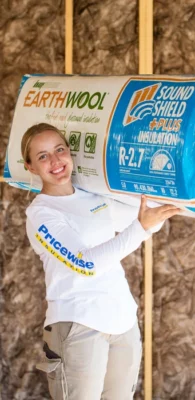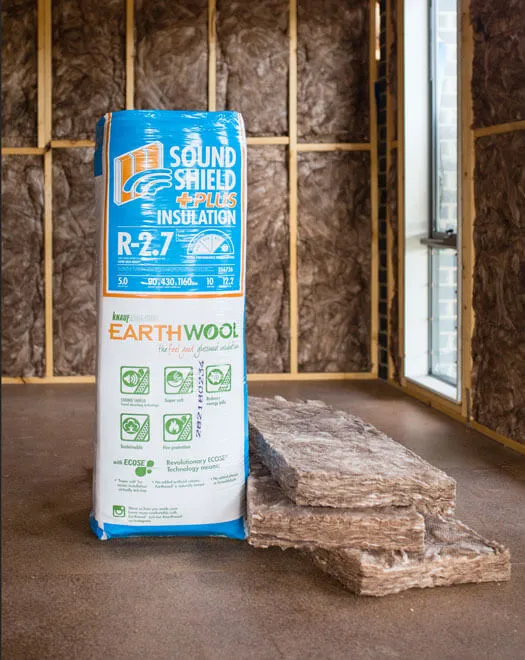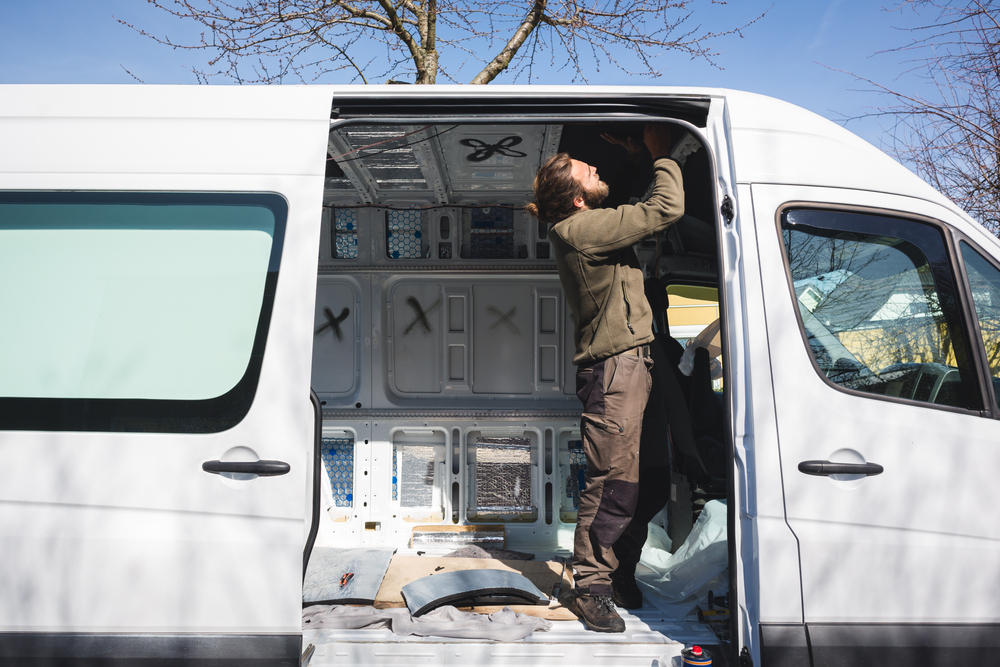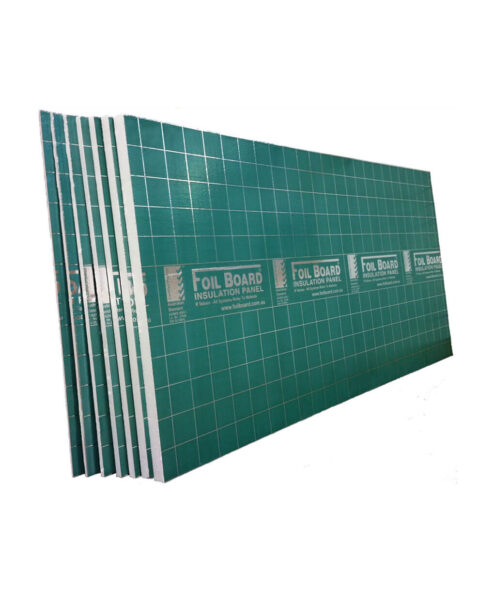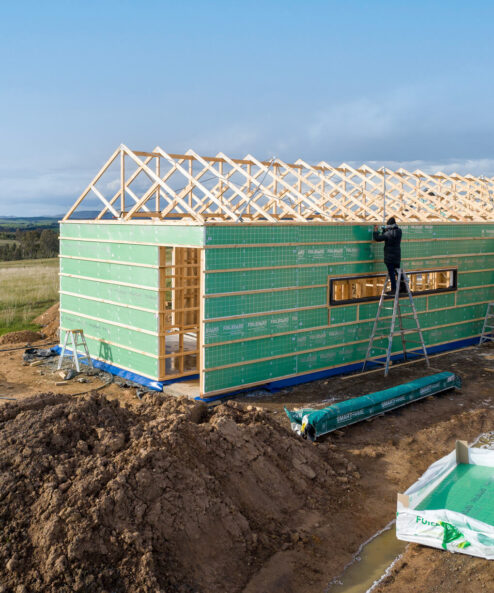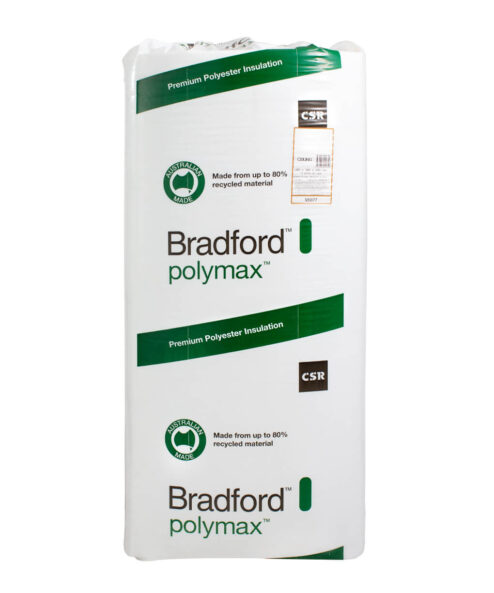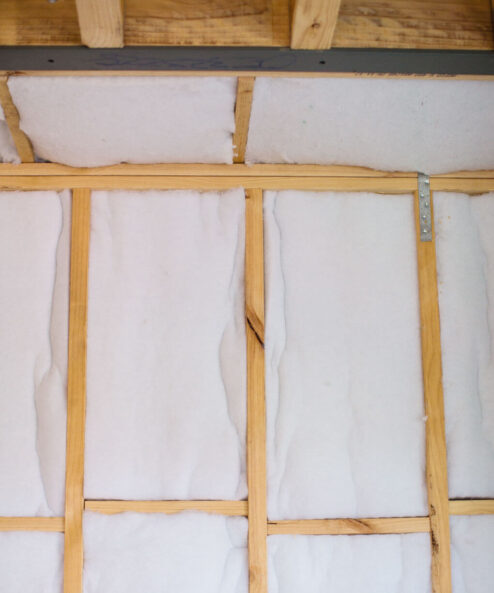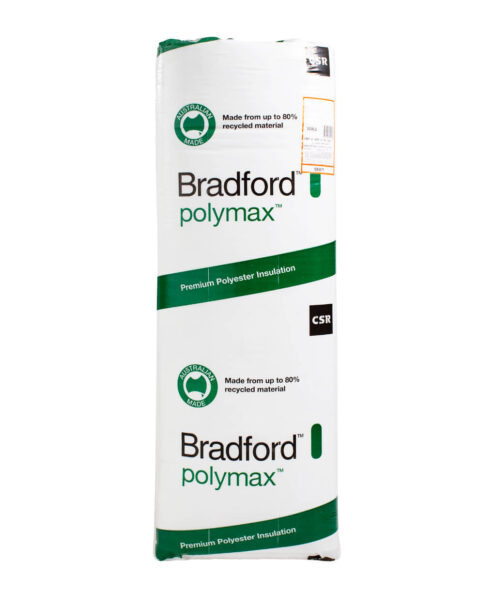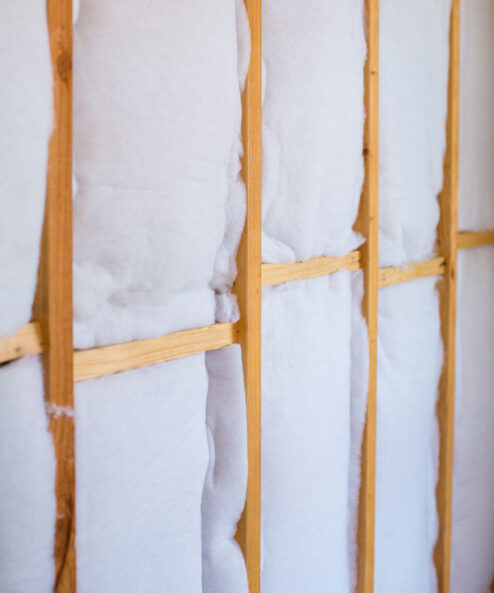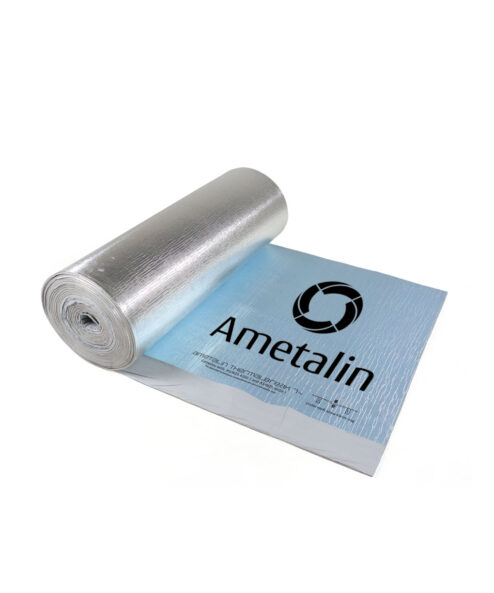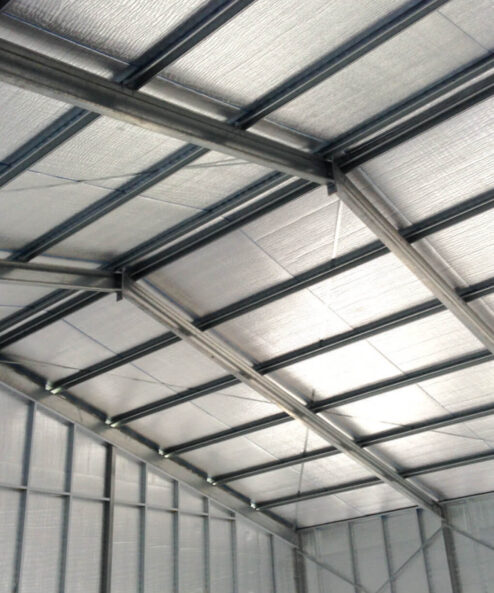Insulation Tips
How To Do A Professional Insulation Job On Your Van Or Caravan — DIY
What’s the Best Insulation for a Van?
There are many different types of insulation that can be used in campervans and caravans. The best performing insulation products tend to have a few things in common.- Thin – since space is limited inside the van, you’ll want an insulation that’s thin and flexible. That way you can maximise space inside while still getting all the benefits of insulation.
- High performance – thin insulation isn’t worth it if it doesn’t do the job. So look for insulation that has a high R-Value for its thickness. The higher the R-Value, the better insulating power the product has. Read our blog about R-Value and what it means for you.
- Easy to work with – if you’re doing your own van build, you want a product that’s easy to work with and user-friendly. Go for non-itch, non-toxic options that are easy to cut and install.
- Resistant to moisture – moisture builds up easily in small spaces, so opt for an insulation that’s impervious to moisture or has moisture resistant properties.
- Non toxic – non-toxic insulation materials will keep you healthier and safer inside your van, both during the install and afterwards.
- Able to withstand movement – unlike a house, your van will be subject to constant movement and vibrations. Your insulation product should be able to withstand these intense conditions, without moving out of place or falling apart.
Our Top Picks for Van Insulation
1. Reflective Foil Insulation Rolls
Reflective foil insulation products like Trade Select by Ametalin and Kingspan Air Cell are excellent choices for the walls, floor and ceiling of your campervan or caravan. These products are flexible and thin, helping you maximise your interior space while effectively reducing heat loss and gain. The reflective foil layer acts as a radiant barrier, reflecting heat away from your van in hot climates and keeping warmth inside in cool weather. In addition to the thermal benefits, Trade Select and Kingspan Air Cell act as a water barrier and vapour barrier to help control moisture inside your van.2. Glasswool Insulation
Glasswool insulation is a type of bulk insulation made from tiny fibres. Although glasswool batts are thicker than reflective foil insulation and rigid foam board insulation, they are highly effective thermal barriers. They also reduce sound transfer, and can help keep your van quieter inside. Glasswool is easy to cut and can be used to insulate gaps and awkward areas. Keep in mind that if exposed to water, glasswool will soak up moisture and become less effective. If using glasswool batts, be sure to plan for adequate moisture control and ventilation. Our most popular glasswool products include Knauf Earthwool, Fletcher Pink Batts, and Bradford Gold Batts.3. Rigid Foam Board Insulation
Rigid board panels like Foilboard and XPS foam board insulation can be used to insulate the ceiling, floor and walls. Lightweight and easy to work with, this type of insulation is ideal for DIY projects. In addition to reducing heat loss in winter and heat gain in summer, rigid foam board also offers acoustic benefits.How to Insulate a Van
1. Gather Your Tools
For a DIY van insulation project, you will need:- Retractable knife
- Torch or lamp
- Gloves, dust mask and long sleeves
- Ruler
- Joining tape or staples
- Insulation

